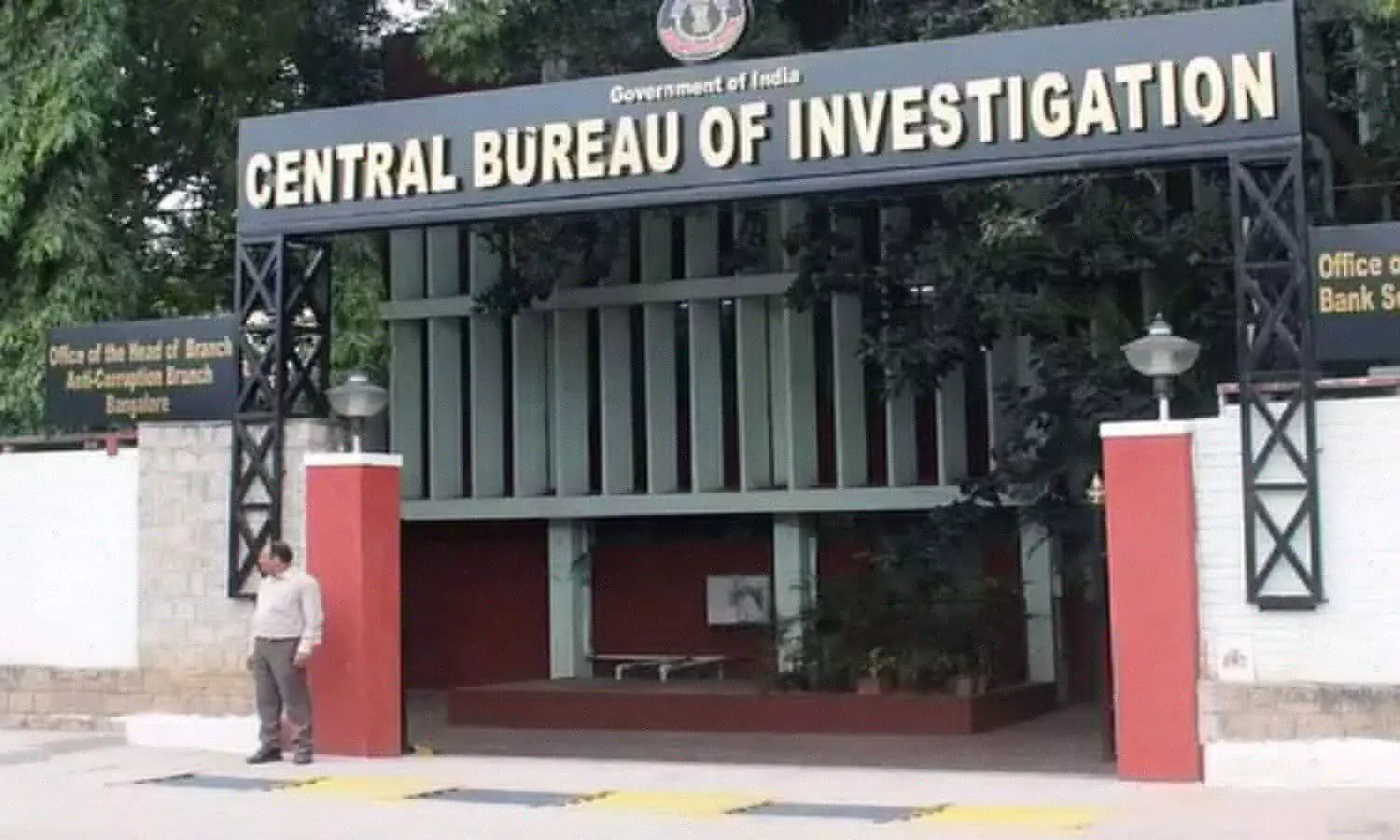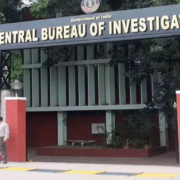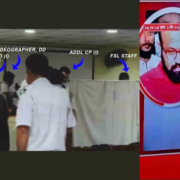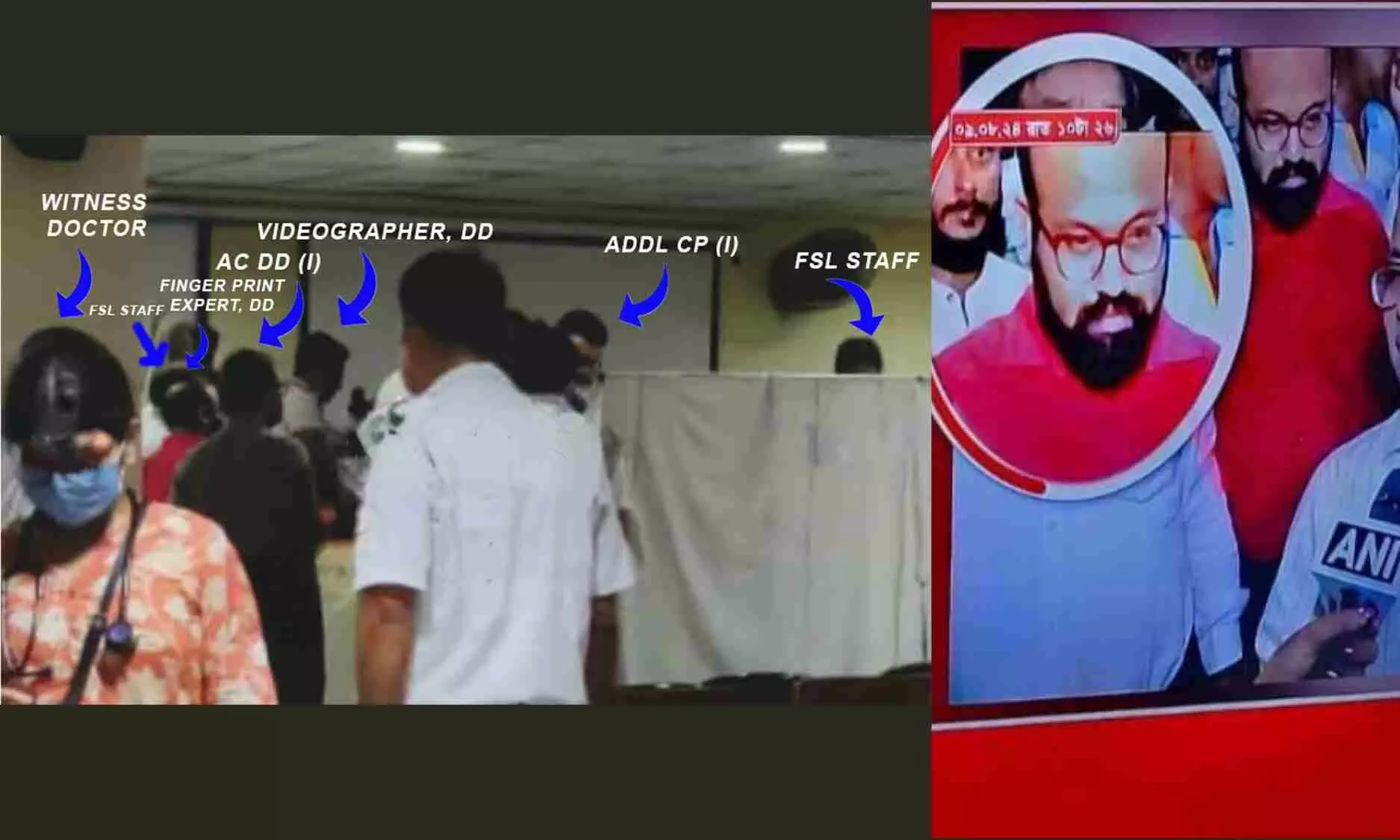CBI issues notice to PWD, seeks details of Renovation at RG Kar Medical College Hospital

Kolkata: In connection with the ongoing investigation related to the brutal rape and murder of a postgraduate doctor at state-run R G Kar Medical College & Hospital, the Central Bureau of Investigation (CBI) officials probing the case have issued a notice to the Public Works Department (PWD) asking them to submit documents related to the construction and renovation carried out at the hospital in the past three years.
The notice was issued to the electrical and civil wings of the department that undertakes construction and renovation in government buildings after CBI secured some crucial clues regarding the renovation that was carried out on the same floor as the RG Kar seminar room at the hospital on August 10 where the doctor was found dead on August 9.
In the notice, the PWD has been asked to present all documents related to procedures adopted and followed by them while allocating construction or renovation to private vendors or carried out by the department itself.
According to the documents reviewed by the investigating officials, IANS sources indicated the instruction was given by a former senior doctor of the hospital who also held an administrative position, and who was transferred after the rape and murder tragedy. He is known to be an extremely close confidant of the former and controversial Principal of R.G. Kar College, Sandip Ghosh.
Now, CBI officials are trying to figure out whether the senior doctor gave the instruction on his own or it was given following the advice of anyone.
On the evening of August 13, just hours after a division bench of Calcutta High Court ordered CBI to take over the rape case and investigation probe from Kolkata Police, the state PWD staff attempted the renovation work at a room adjacent to the seminar hall from where the body of the victim was recovered on the morning of August 9.
However, that renovation work could not be carried out following massive protests by the students’ fraternity within the hospital premises as soon as that work on that count started. Sources said that the investigating officials have come across a crucial document which shows that the instructions on the renovation activities were given on August 10, just a day after the victim’s body was recovered.
Speaking to The Telegraph, a senior official said, “It appears that the central agency is looking into the alleged irregularities carried out at the RG Kar Medical College and Hospital during the tenure of former principal Sandip Ghosh.”
Earlier, a junior doctor said, “If more than one person could be involved (in the crime), the rooms just opposite the seminar hall could hold vital clues. But now it has been broken down. The timing raises suspicion.”
Feeling awkward after receiving notice from the agency for the first time, an official said, “This is the first time the department has been asked to submit details of schemes carried out at a particular hospital. The department is trying to put together all related documents as sought by the central agency.”
Meanwhile, the Central agency officials are also tracking the secret behind the cremation of the body of the victim in haste instead of preserving it at the hospital morgue which could have enabled a second post-mortem of the body.
A team of CBI officials reached the hospital on Thursday afternoon and questioned some hospital staff and officials under whose instructions arrangements were made for the cremation of the body. At the same time, Ghosh is also being questioned by them on why as head of the medical college, he did not give instruction for preserving the body at the morgue to facilitate a second post-mortem if necessary or if demanded by the family members of the victim.
Powered by WPeMatico











